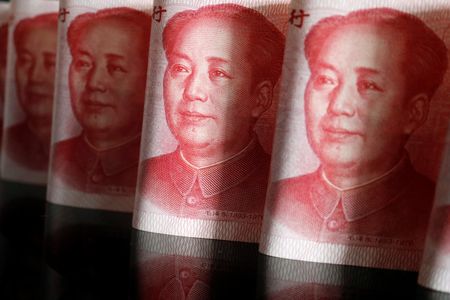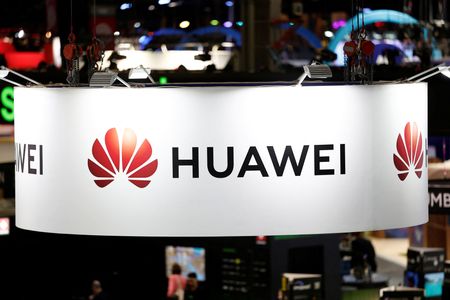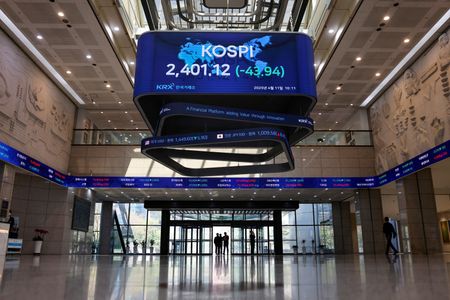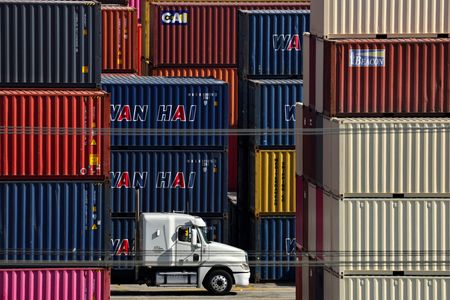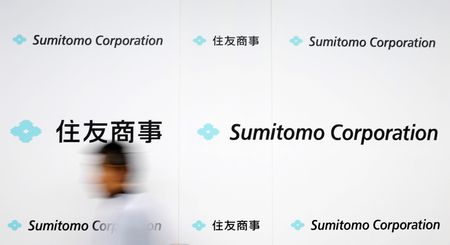By Liz Lee
BEIJING (Reuters) -China’s June new yuan loans tripled compared with a month ago, likely supported by front-loaded public funding and strength in corporate loans against the backdrop of a sustained trade truce between China and the United States.
Chinese banks are estimated to have issued 1.8 trillion yuan ($250.69 billion) in net new yuan loans last month compared with the 620 billion yuan distributed in May, according to 19 economists polled by Reuters.
Loan appetite could have been steady since mid-May when China and the United States struck a trade truce until Aug. 12, temporarily halting a bruising tariff war and rolling back most of the triple-digit levies heaped on each other’s goods.
Both countries also reached a framework in London last month, under which China would remove restrictions on rare earth minerals exports, while the U.S. would lift curbs on chip design software for China.
Front-loaded government bond issuance is expected to be a key driver for June and July while corporate loans still exceed household loans, Morgan Stanley had flagged in a research note last month.
But the world’s second-largest economy is on an uncertain footing.
China’s manufacturing activity shrank for a third consecutive month in June while producer deflation deepened to its worst level in almost two years, revealing muted business sentiment and weak domestic demand curbing economic growth.
Even after a raft of monetary easing measures introduced in May, policymakers remain under pressure to roll out more support measures to spur consumption amid a global trade war.
Broad M2 money supply, which measures cash in circulation, and a set of deposits, including time deposits to corporates, plus household savings, is expected to have increased 8.1% last month, up from the 7.9% in April.
June outstanding yuan loans were seen slowing to 7.0% from May’s 7.1%, according to the poll.
A broad measure of credit and liquidity that is Total Social Financing (TSF) likely grew to 3.65 trillion in June, up from 2.29 trillion yuan in May, the poll showed. Any acceleration in government bond issuance could help boost growth in TSF.
The measure includes off-balance-sheet forms of financing that exist outside the conventional bank lending system, such as initial public offerings, loans from trust companies and bond sales.
($1 = 7.1802 Chinese yuan renminbi)
(Reporting by Liz Lee; Polling by Devayani Sathyan and Vijayalakshmi in Bengaluru and Jing Wang in Shanghai; Editing by Louise Heavens)

